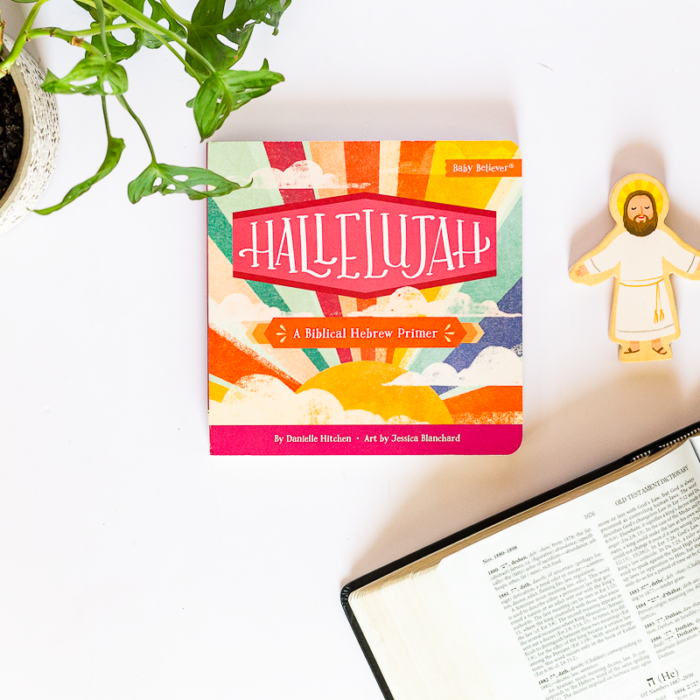Synopsis
In our socially networked but disconnected age, we find ourselves longing for deeper, more intimate connection. Love Lock, Creating Lasting Connections with the One You Love is the perfect read for couples who want the closeness back. We were created for connection, yet many marriages are coming apart as couples “unfriend” each other long before the feelings fade. Love Lock couples are looking for ways to connect beyond what they allow people to see on social media. They care about friendship over filters, love over “likes.” Reading the relatable stories and using the easy and engaging exercises in Love Lock, couples can discover or rediscover the intimate connection God intended.
About the Authors
Rich Rollins, D.Min., has served as a college vice-president, pastor, and church consultant. He presently serves as Adjunct Faculty, School of Ministry, Corban University. Rich and his wife, LouAnna, have been married for more than fifty-five years.
Marty Trammell, Ph.D., is the English Chair at Corban University and a pastor at Valley Baptist Church. Nicknamed “Dr. Love” by his students and colleagues, Marty enjoys sharing pre-marital counseling and speaking ministries with his wife and best friend, Linda.
Readers can connect with the authors on Twitter, Facebook, and Goodreads. To learn more, go to www.LoveLockBook.com
Book Review
Love Lock is the latest book by pastors Rich Rollins and Marty Trammell. This short book is packed with tips for working through various aspects of the marriage relationship. The authors have decades of experience in counseling Christian couples and they have been married for years themselves. Many of the principles in the book are derived from counseling situations the authors have encountered as well as experiences in their own marriages. Love Lock is a great tool to help Christian couples work through tough issues they may be facing in marriage. Some of the issues covered in the book are communication, expectations, and unity.
Love Lock is a book that implements principles of psychology with the principles of Scripture woven in. I know there are individuals in conservative evangelical circles who decry psychology as man made and the the Bible as the only means for truly helping people. However, I found that many of the psychology principles mentioned in the book could be easily translated into what is Biblically known as caring for one another. (I possess a degree in psychology so perhaps I’m more open to seeing the aspects of it that are helpful and I also believe that the field has merit.)
I really enjoyed the chapter on expectations and believe that reading it prior to marriage would have been helpful. One aspect of Love Lock that I really appreciated is that the authors are faithful to communicate that if one spouse in the marriage relationship is living in continual, unrepentant sin, they probably are not a Christian. After deliberating this, they presented the gospel message on page 83 to demonstrate what it does look like to be a Christ follower.
They also explained that couples need to be regularly praying, reading their Bibles, and be involved in the community offered through the local church. There was a whole chapter encouraging couples to practice these Christian virtues. I’m thankful for the emphasis on practicing these virtues because it seems that couples can often neglect to love God in these ways and don’t understand how it translates to trouble in their relationships.
On page 91 the authors compared these practices with taking a medicine explaining that these practices are important in maintaining a healthy marriage. They wrote, “There is a medicine designed by God for every Christian. When we take it, it promotes health in every aspect of our lives, especially our marriages. The ingredients of this medicine might sound, at first, as new and exciting as the description on the side of a pill bottle, but once you start taking this medicine, you’ll see an increase in the respect you receive.”
I found this sentiment to be very disappointing. It is generally true that if one acts in a godly manner, they will have a better time getting along with others and as a result, will probably garner much respect. However, these virtues ought to be done out of a heart motivated by love for God. Jesus (not respect or a healthy marriage) is the prize and He alone is enough.
While the Bible does encourage Godly character, I believe that character alone cannot maintain or save a marriage. Cultivating godly character for the sake of earning respect creates a marriage based on conditional love which is the opposite of the gospel. I also don’t appreciate that the quote seems to sarcastically downplay the joy that is to be found in cultivating a relationship with Christ by describing it as, “. . . new and exciting as the description on the side of the pill bottle.”
In the chapter’s conclusion, the authors wrote, “Taking the medicine will provide more insight and wisdom than a weekly visit to your general practitioner. It will change your relationship. It will promote meaning. Taking medicine promotes transformation, and transformed character causes our spouse to cherish us more deeply,” (pg. 95). Again, this sounds like love is conditional based upon individual character. One can appear to possess godly character outwardly but have wrong motives at the heart level.
My concern with analogies like this one one is that couples will practice certain characteristics within their marriages and not see the importance of addressing issues at the heart level. To me, this sounds like a works based marriage which is a poor and false representation of the gospel. I’m also afraid individuals may read this and believe they are being a godly spouse merely because they exhibit certain external behaviors. This idea also seems to promote the false notion that if one spouse cultivates godly character, they will automatically earn the respect of the other spouse which the Bible does not guarantee.
Love Lock contains many Bible verses as well as quotes from Christians and non-Christians alike. The theological diversity in the quotes was interesting as the book contained quotes by Tim Keller and Joyce Meyer. I was disappointed with the inclusion of the Joyce Meyer quote since she preaches the prosperity gospel which is a false gospel.
Overall though, I enjoyed learning from the pastors who wrote this book. Although I didn’t agree with some of the theological aspects of the book, I found the practical aspects to be very helpful.
I received Love Lock compliments of Book Publicity Services in exchange for my honest review.
For more information or to request a review copy, please contact Kelsey Butts at Book Publicity Services at Kelsey@BookPublicityServices.com or (805) 807-9027.











